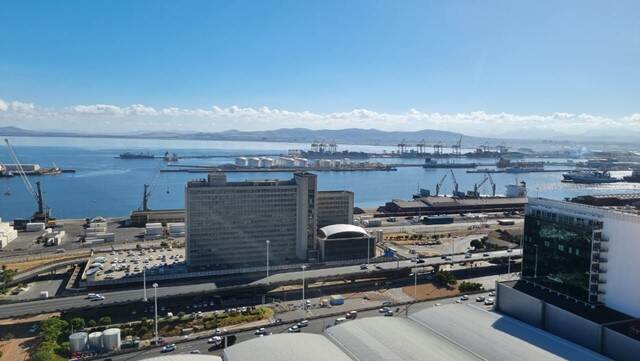SAIC 2023: South Africa, a country full of surprises!

Latest news headlines paint a dull image about South Africa’s economic situation, and the country’s political behaviours on the international stage don’t seem to help either. Recent diplomatic engagements with Russia have raised alarm bells amongst the likes of the United States, European Union and United Kingdom. Furthermore, the country’s failing infrastructure, ongoing power outages and collapsing political coalitions make it increasingly difficult to see the light at the end of the tunnel for this country. However, South Africa is a country that does not give up so easily. With a strong and influential private sector that stands in where the public sector cannot, the gears keep turning and the country keeps moving forward. South Africans themselves are also incredibly resilient people.
This resilience has translated into tangible results at the fifth SA Investment Conference (SAIC) last month. While investors have become ever hesitant of betting on South Africa and the president is struggling to encourage foreign direct investment, the SAIC also highlighted many of the milestones that have been achieved over the past five years. These good news stories tend to become buried amongst the general bad publicity that South Africa has begun to attract.
Since the SAIC’s inception, it has attracted over EUR 75 billion of investment commitments from the private sector, across a number of industries including energy, infrastructure, and food & beverage. This EUR 75 billion exceeds the president’s initial target by 25%, when the SAIC was conceived in 2018. Of the 152 investments pledged by private organisations, 45 have been completed and include new solar power plants and factories, amongst others. Included in the list of multinational corporations that have contributed to the SAIC, is Norwegian renewable energy company, Scatec, and Dutch beverage company, Heineken who alone contributed ZAR 15,5 billion at SAIC 2023 (EUR 746 million, at time of writing).
Another positive development includes the country’s long-requested visa reforms. Visa issues have bugged investors for a some time now, with lengthy wait times and complicated application procedures. However, the president announced various reforms that will make getting a visa, visiting South Africa and doing business there much easier. If these reforms are implemented, this is a positive indicator to investors that South Africa is listening to them and considering recommendations made by the private sector.
The total EUR 75 billion pledged to the South African economy, in addition to ZAR 1,5 trillion (EUR 70 billion at time of writing) pledged by developed countries to decarbonizing South Africa’s energy sector at COP27 last year, indicates that despite the tough times, there are a many organisations who believe in the potential of South Africa.
To view more about the SAIC and how much has been pledge by different organisations. Follow the link below.
Pledges - South Africa Investment Conference (sainvestmentconference.co.za)